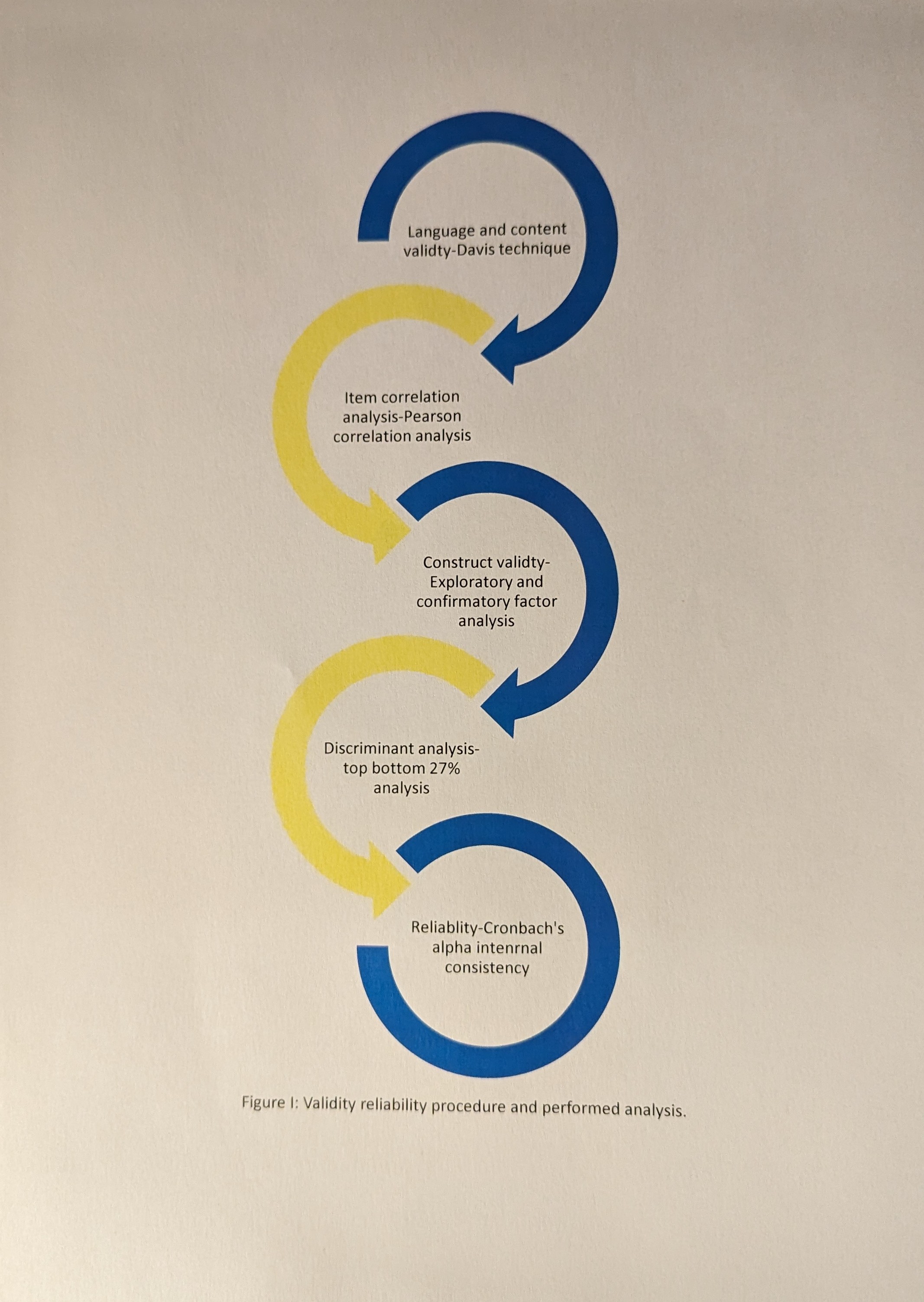Psychometrics of Flodén attitudes toward organ donor advocacy instrument in Turkish: A scale adaptation study among intensive care unit nurses
Anne Charlotte Floden1,2, Tuğhan Utku3, Ebru Kıraner4, Aycan Kelez Yayık5, Arzu Kader Harmancı Seren6.
1Institute of Health and Care Sciences, University of Gothenburg, Gothenburg, Sweden; 2Södra Älvsborg Hospital, Boras, Sweden; 3Anestehsiology and Reanimation , Yeditepe University, Koşuyolu Hospital, Istanbul, Turkey; 4Turkish Intensive Care Nurses Assocaiton, Istanbul, Turkey; 5Cerrahpasa Medical Faculty, Intensive Care Unit , Istanbul University - Cerrahpasa, Istanbul, Turkey; 6Faculty of Helath Sciences Department of Nursing , Fenerbahce University, Istanbul, Turkey
Introduction: Turkey as a candidate country for the European Union (EU), has one of the worst deceased organ donation rates in the European Region. The recent data published by EDQM (November, 2023) deceased donor rate of Turkey in 2022 was only 3.2 deceased donors per million of population (PMP) (EDQM, 2023). However, there are limited studies aiming to understand ICU physicians and nurses’ attitudes toward organ donation in the country. Since the lack of literature may be related with the absence of valid and reliable tools, this study aimed to perform psychometrics of Floden Attitudes Toward Organ Donor Advocacy Instrument (Floden ATODAI) in Turkish.
Method: Floden ATODAI was a Swedish tool, developed in Sweden. The inventory’s cross cultural adaptation studies were performed in the USA and Greece and those studies also were published. For the item translation process, this study was performed based on the study, which aimed to adapt the inventory to the English language.
After getting ethical approval (27 November 2020) items were translated from English to Turkish by one professional bilingual translator, one intensive care physician who has experience in organ donation processes and two organ transplant coordinators, one of them had worked as ICU nurse previously. Language and content validity of the tool were evaluated. Then, a total of 200 ICU nurses filled out surveys and provided evaluable data. The inclusion criteria were (a) having at least a bachelor's degree in nursing, (b) at least one year of professional experience in the ICU, and (c) agreeing to participate in the study.
Construct validity, discriminant analysis, and reliability of the Trukish form also were tested.
Results: First, a total of 14 experts evaluated the items for ha language and content validity phase. Content validity ratios of the items varied between .93 and 1. Content validity index of the inventory was .97 based on the Davis Technique. Secondly, items of total correlation coefficients were evaluated. Correlations varied between .40 and .78 and all items remained. Thirdly, construct validity were assessed by exploratory and confirmatory factor analysis and five factor structure was confirmed. Then, Discriminant analysis were performed and the discriminatory of the subscales and entire tool was confirmed. Lastly, researchers used Cronbach’s alpha internal consistency coefficient to test the reliability of the Truksish form and the alpha coefficients were .89, .91, .91, .94, .74 for the subdomains respectively and it was .97 for the entire Inventory. (Figure 1.)

Conclusion: Based on the results of the psychometrics tests performed in this study, The Floden ATODAI was valid and reliable in Turkish with its five factor and literature.
